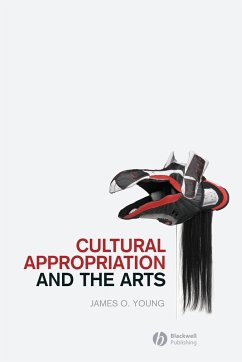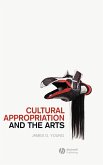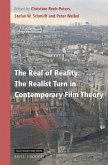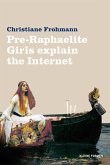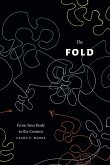Cultural appropriation is a pervasive feature of the contemporary world. The Parthenon Marbles remain in London. Works of art from indigenous cultures are held by many metropolitan museums. White musicians from Bix Beiderbeck to Eric Clapton have appropriated musical styles from African-American culture. From North America to Australasia, artists have appropriated motifs and stories from aboriginal cultures. Novelists and filmmakers from one culture have taken as their subject matter the lives and practices of members of other cultures. The practice of cultural appropriation has given rise to important ethical and aesthetic questions: Can cultural appropriation result in the production of aesthetically successful works of art? Is cultural appropriation in the arts morally objectionable? These questions have been widely debated by anthropologists, archaeologists, lawyers, art historians, advocates of the rights of indigenous peoples, literary critics, museum curators and others. At root, however, these questions are philosophical questions. Now, for the first time, a philosopher undertakes a systematic investigation of the moral and aesthetic issues to which cultural appropriation gives rise.
Hinweis: Dieser Artikel kann nur an eine deutsche Lieferadresse ausgeliefert werden.
Hinweis: Dieser Artikel kann nur an eine deutsche Lieferadresse ausgeliefert werden.
"Cultural Appropriation and the Arts, by James O. Young,provides an analytical, comprehensive overview of ethical andaesthetic issues concerning cultural appropriation." (Journal of Cult Economy, 25 March 2011)
"Thank goodness for James O. Young! Finally someone has cut throughthe cant associated with cultural appropriation, weighed the issueswith care and a keen eye for irony, and clarified the ethicallimits of intercultural borrowing. This concise, accessible bookwill be a bracing tonic for anyone interested in the global artmarket, cultural property, and dilemmas of social justice in aworld of disappearing borders."
-Michael F. Brown, Williams College, author of WhoOwns Native Culture?
"Young's offers a measured and sensitive analysis of the moraland aesthetic issues raised by cultural appropriation. He praisesresponsible cultural appropriation and distinguishes this fromcultural appropriation that amount to theft and assault or thatcause profound offense. An interesting contribution to a topic thathas not received the attention from aestheticians that itdeserves."
-Stephen Davies, The University of Auckland
"Here at last is a philosophical work that cuts through theprecious nonsense and rhetoric written about the kinds ofappropriation bound to occur when the arts of one people bump upagainst the arts of another. James O. Young is acutely sensitive tothe political sentiments that cloud these issues, but completelyclear and rigorous in his analysis. In its incisiveness andhonesty, Cultural Appropriation and the Arts is a majorcontribution to cross-cultural aesthetics."
-Dennis Dutton, University of Canterbury, NewZealand
"Thank goodness for James O. Young! Finally someone has cut throughthe cant associated with cultural appropriation, weighed the issueswith care and a keen eye for irony, and clarified the ethicallimits of intercultural borrowing. This concise, accessible bookwill be a bracing tonic for anyone interested in the global artmarket, cultural property, and dilemmas of social justice in aworld of disappearing borders."
-Michael F. Brown, Williams College, author of WhoOwns Native Culture?
"Young's offers a measured and sensitive analysis of the moraland aesthetic issues raised by cultural appropriation. He praisesresponsible cultural appropriation and distinguishes this fromcultural appropriation that amount to theft and assault or thatcause profound offense. An interesting contribution to a topic thathas not received the attention from aestheticians that itdeserves."
-Stephen Davies, The University of Auckland
"Here at last is a philosophical work that cuts through theprecious nonsense and rhetoric written about the kinds ofappropriation bound to occur when the arts of one people bump upagainst the arts of another. James O. Young is acutely sensitive tothe political sentiments that cloud these issues, but completelyclear and rigorous in his analysis. In its incisiveness andhonesty, Cultural Appropriation and the Arts is a majorcontribution to cross-cultural aesthetics."
-Dennis Dutton, University of Canterbury, NewZealand

